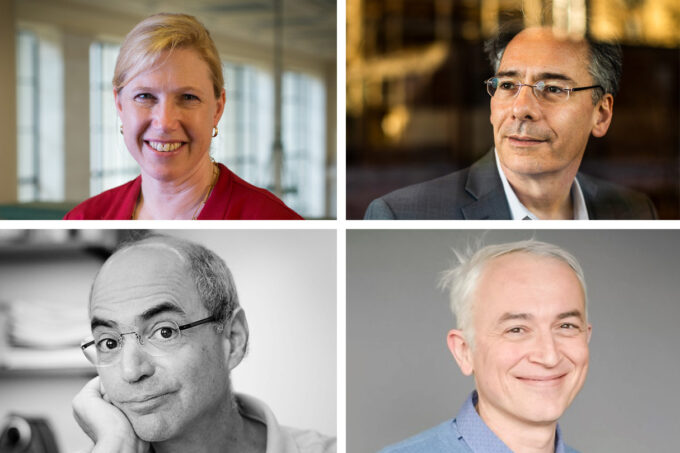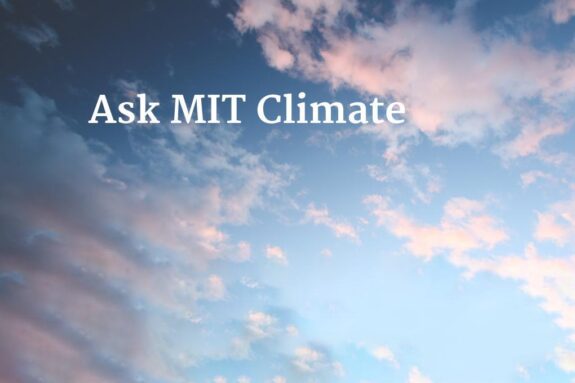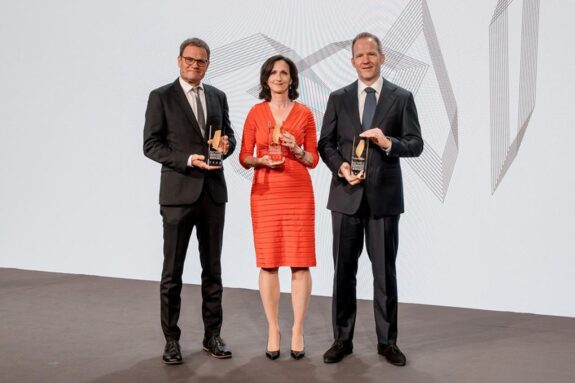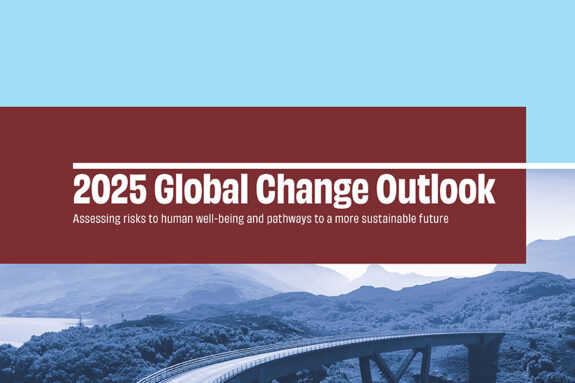Dan Rothman among four MIT faculty named 2023 AAAS Fellows

Four MIT faculty members — (top row, left to right) Bevin Engelward, William Oliver, (bottom row) Daniel Rothman, and Vladan Vuletić — have been elected as fellows of the American Association for the Advancement of Science (AAAS) for 2023. Images courtesy of the fellows
The American Association for the Advancement of Science (AAAS), one of the world’s largest general scientific societies and publisher of the Science family of journals, has announced the 2023 class of AAAS Fellows, including four members of the MIT faculty.
The 2023 class of AAAS Fellows comprises 502 scientists, engineers, and innovators across 24 scientific disciplines, who are being recognized for their scientifically and socially distinguished achievements.
Bevin Engelward initiated her scientific journey at Yale University under the mentorship of Thomas Steitz; following this, she pursued her doctoral studies at the Harvard School of Public Health under Leona Samson. In 1997, she became a faculty member at MIT, contributing to the establishment of the Department of Biological Engineering. Engelward’s research focuses on understanding DNA sequence rearrangements and developing innovative technologies for detecting genomic damage, all aimed at enhancing global public health initiatives.
William Oliver is the Henry Ellis Warren Professor of Electrical Engineering and Computer Science with a joint appointment in the Department of Physics, and was recently a Lincoln Laboratory Fellow. He serves as director of the Center for Quantum Engineering and associate director of the Research Laboratory of Electronics, and is a member of the National Quantum Initiative Advisory Committee. His research spans the materials growth, fabrication, 3D integration, design, control, and measurement of superconducting qubits and their use in small-scale quantum processors. He also develops cryogenic packaging and control electronics involving cryogenic complementary metal-oxide-semiconductors and single-flux quantum digital logic.
Daniel Rothman is a professor of geophysics in the Department of Earth, Atmospheric, and Planetary Sciences and co-director of the MIT Lorenz Center, a privately funded interdisciplinary research center devoted to learning how climate works. As a theoretical scientist, Rothman studies how the organization of the natural world emerges from the interactions of life and the physical environment. Using mathematics and statistical and nonlinear physics, he builds models that predict or explain observational data, contributing to our understanding of the dynamics of the carbon cycle and climate, instabilities and tipping points in the Earth system, and the dynamical organization of the microbial biosphere.
Vladan Vuletić is the Lester Wolfe Professor of Physics. His research areas include ultracold atoms, laser cooling, large-scale quantum entanglement, quantum optics, precision tests of physics beyond the Standard Model, and quantum simulation and computing with trapped neutral atoms. His Experimental Atomic Physics Group is also affiliated with the MIT-Harvard Center for Ultracold Atoms and the Research Laboratory of Electronics. In 2020, his group showed that the precision of current atomic clocks could be improved by entangling the atoms — a quantum phenomenon by which particles are coerced to behave in a collective, highly correlated state.


